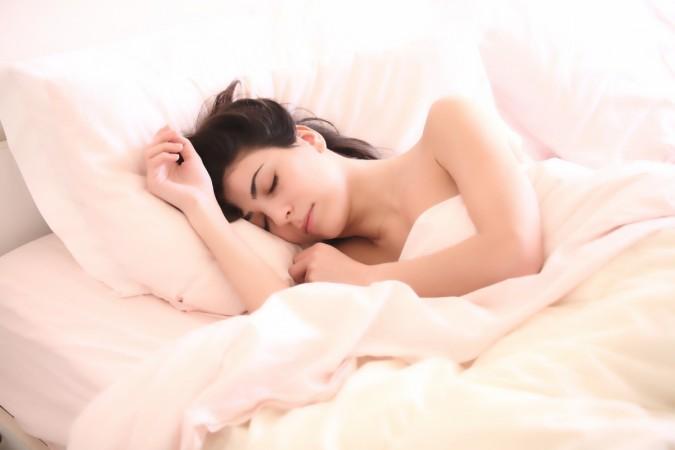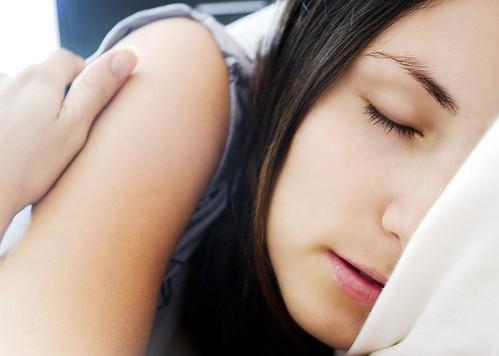
Napping is something the world can unanimously agree on enjoying. And while a small section of the society might somehow consider it lazy or tardy, the rest of the nap-enthusiasts can now rest triumphant.
As it turns out, the benefits of a nap during the day is similar to those experienced from caffeine, as experts claim. A snooze, instead of the regular caffeine-infused beverage, can actually save you from growing dependent on them, and also provide you uninterrupted sleep at night!
Also read: 5 foods that ease Insomnia
Dr Nicole Lovato, a postdoctoral research fellow, from Adelaide Institute for Sleep Health, Flinders University, shared that with Daily Mail Online. Her research also revealed that people who nap regularly in the afternoon feel more alert than those who only nap occasionally.
Writing for The Conversation, Lovato pointed out another research that found motor learning – or the brain's response to learning a new skill – is significantly greater following a brief afternoon nap for regular nappers when compared to non-nappers.

The study carried out by Dr Lovato and her colleagues revealed how common a habit napping is. Almost 50 percent of us admit to napping at least once a week. "Naps are not only beneficial because they make us feel less sleepy and more alert, but because they improve our cognitive functioning, reaction times, short-term memory and even our mood," she said.
But how long is long enough when it comes to a nap? Dr Lovato believes, the longer the nap, the longer one feels rejuvenated after waking. But the duration depends on the time available, how they want the nap to work and plans for the coming night.
An hour or two long naps in the afternoon ensures being less sleepy and requiring less sleep the coming night. It could also cause you to take longer than usual to fall asleep the particular night. Dr Lovato suggests that if that's okay with one, a 1.5 hours nap is ideal.
"This is the length of a normal sleep cycle. You will experience deep sleep for about an hour or so followed by light sleep for the last half an hour," she said.

"Waking up during light sleep will leave you feeling refreshed and alert. However, waking during deep sleep will not. If you sleep too long and miss the light sleep at the end of a nap, chances are you will wake up feeling sluggish and drowsy. If you do experience feeling drowsy after a nap, don't worry – this feeling is temporary and will go away after a while."
Dr Lovato also says that a brief 'power' nap of 10 to 15 minutes can improve alertness, cognitive performance and mood right after waking, and significantly too, with the benefits lasting for a few hours.
Also read: Talking in your sleep could be offensive
"Power naps are great because you won't experience any sluggish or drowsy feelings after waking," said Dr Lovato. "This is because you do not enter any deep sleep during this brief time."
Early-to-mid-afternoon naps have been found to provide maximum rejuvenation when compared to napping any other time of the day. But if you're struggling to stay up, a brief nap at any given time can help you stay alert.

















